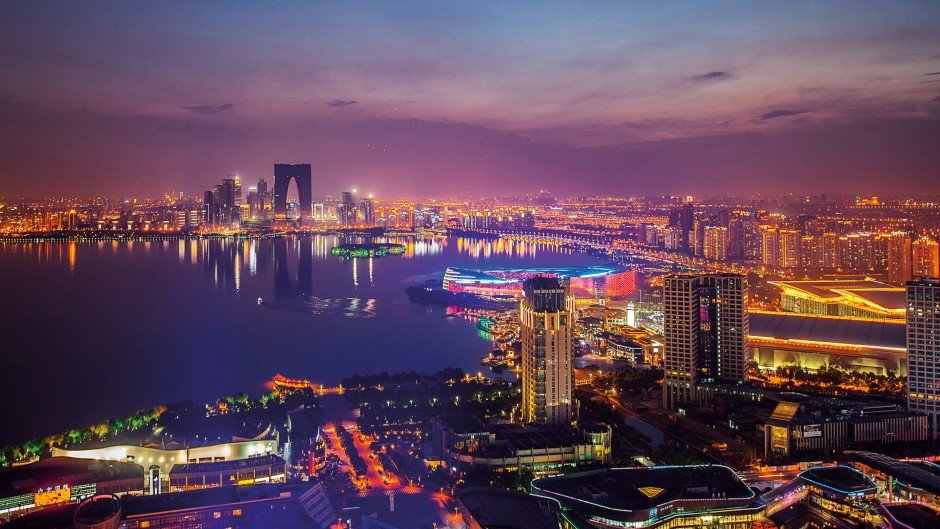Suzhou, recognized as a technological manufacturing giant in China’s east, is venturing into the realms of live-streaming e-commerce. This step comes in the wake of loosening regulations that once curtailed major internet companies in the nation. Located in the densely populated Jiangsu province, Suzhou’s municipal government has charted out a course with 17 distinct measures aimed at bolstering this modern form of commerce.
According to recent announcements, individual live streamers based in Suzhou, who generate sales exceeding 50 million yuan annually and maintain their tax obligations, are set to receive monetary subsidies up to 1 million yuan (US$137,000). On a larger scale, Chinese multichannel networks, entities that partner directly with brands to secure endorsements from renowned influencers on social platforms, stand to gain rewards as substantial as 1.2 million yuan. This is contingent upon them securing exclusive contracts with top-tier live streamers, who themselves must clock sales over 100 million yuan annually.
But the plans of Suzhou’s municipal government go beyond mere financial incentives. They aim to attract top-tier talent into the city’s burgeoning live-streaming e-commerce sector, offering them a suite of benefits, from housing subsidies to educational support for their offspring. The local government’s WeChat post emphasized the profound impact the digital economy, exemplified by live-streaming commerce, has on revitalizing the traditional economy.
Suzhou, a hub to over 300 firms pivotal to China’s semiconductor supply chain by 2022, is mirroring a wider trend. Major Chinese cities are turning to live-streaming e-commerce as a potent tool to amplify consumption. However, Suzhou finds itself in a race with veterans in the field – Hangzhou and Shenzhen. Hangzhou, the operational base of Alibaba Group Holding, registered a staggering 503 billion yuan in sales from live-streaming in just the initial 10 months of 2021. Furthermore, Taobao Live, Alibaba’s live-streaming arm, has ambitions to foster 200,000 new online influencers across the nation. Meanwhile, Shenzhen’s aspirations are global, aiming to establish itself as an internationally influential live-streaming e-commerce nucleus by 2025.
Yet, Suzhou has made commendable progress. The city posted a whopping 55 billion yuan in live-streaming e-commerce sales in 2022, marking an impressive 79.2% surge from the preceding year. This enthusiasm from local governments is a stark departure from attitudes two years prior. Back then, live-streaming ventures faced intense regulatory oversight, with numerous streamers facing accusations of product misrepresentation and fudged sales metrics, prompting the introduction of new regulations.
READ MORE:
